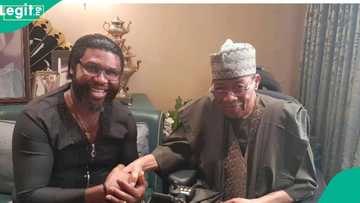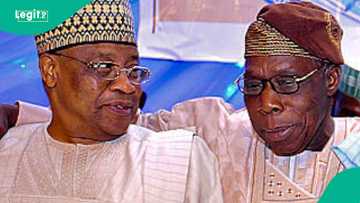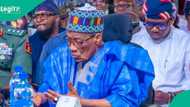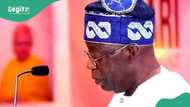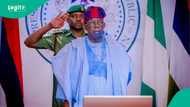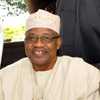
IBB - General Ibrahim Badamasi Babangida
- Name: General Ibrahim Badamasi Babangida
- Birthdate: August 17, 1941
- Birthplace: Minna, Niger State
- Occupation: Rtd Military General, Ex-President
General Ibrahim Badamasi Babangida (IBB), born on August 17, 1941, in Minna, Niger State, is a prominent Nigerian statesman and retired military officer.
He served as the country's military president from 1985 to 1993, a period marked by significant political and economic developments.
Early Life and Military Training
Babangida received early Islamic education before attending Government College Bida from 1957 to 1962. He joined the Nigerian Army in 1962, training at the Nigerian Military Training College in Kaduna.
Further studies took him to the Indian Military Academy, the Royal Armoured Centre in the UK, and the United States Army Armor School. His military career was distinguished by his role in the Nigerian Civil War and his involvement in various coup attempts.
Rise to Power
In August 1985, Babangida orchestrated a coup that ousted General Muhammadu Buhari, citing economic mismanagement as the primary reason.
He replaced the Supreme Military Council with the Armed Forces Ruling Council and initiated a program of political and economic reforms.
His administration faced challenges, including coup attempts in 1986 and 1990, but maintained a firm grip on power.
Economic and Political Reforms
Babangida introduced the Structural Adjustment Program (SAP) in 1986 to address Nigeria's economic issues. He also oversaw the creation of two new states in 1987 and nine more in 1991, expanding Nigeria's federal structure.
His government completed significant infrastructure projects, including the Third Mainland Bridge and the Shiroro Hydroelectric Power Station.
The June 12 Election and Aftermath
In 1993, Babangida annulled the presidential election that was widely believed to have been won by Moshood Abiola, leading to widespread protests and political instability.
This decision is considered a pivotal moment in Nigeria's democratic history. In his 2025 autobiography, A Journey in Service, Babangida expressed regret over the annulment, acknowledging the election's credibility and Abiola's victory.
Post-Presidency and Legacy
After stepping down in 1993, Babangida remained active in Nigerian politics, founding the Peoples Democratic Party and supporting various political candidates.
He has been a subject of debate, with some viewing him as a reformist and others criticizing his authoritarian rule. His memoir provides a personal account of his life and the significant events during his tenure.
General Babangida's legacy is complex, reflecting both his contributions to Nigeria's development and the controversies surrounding his leadership.



